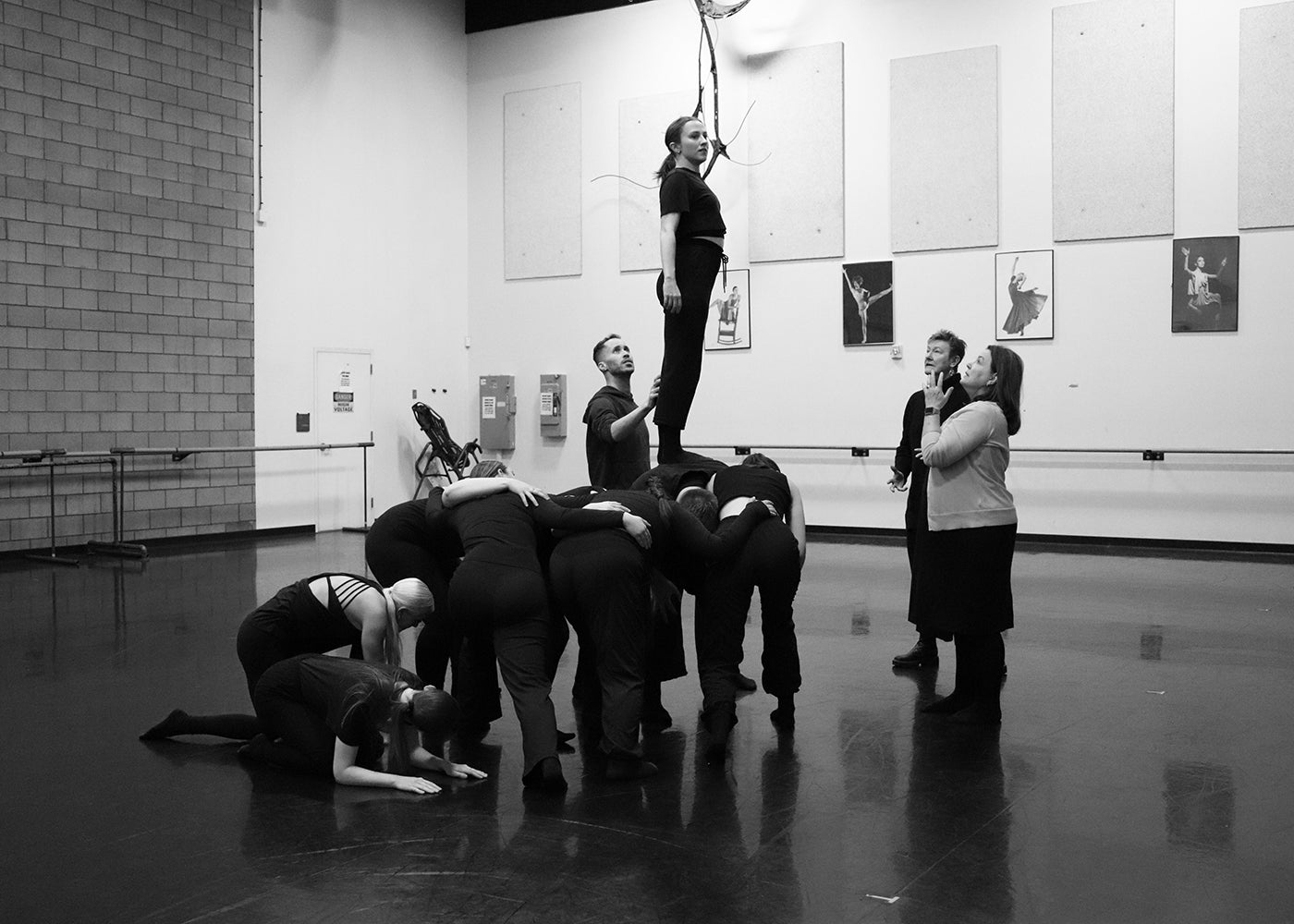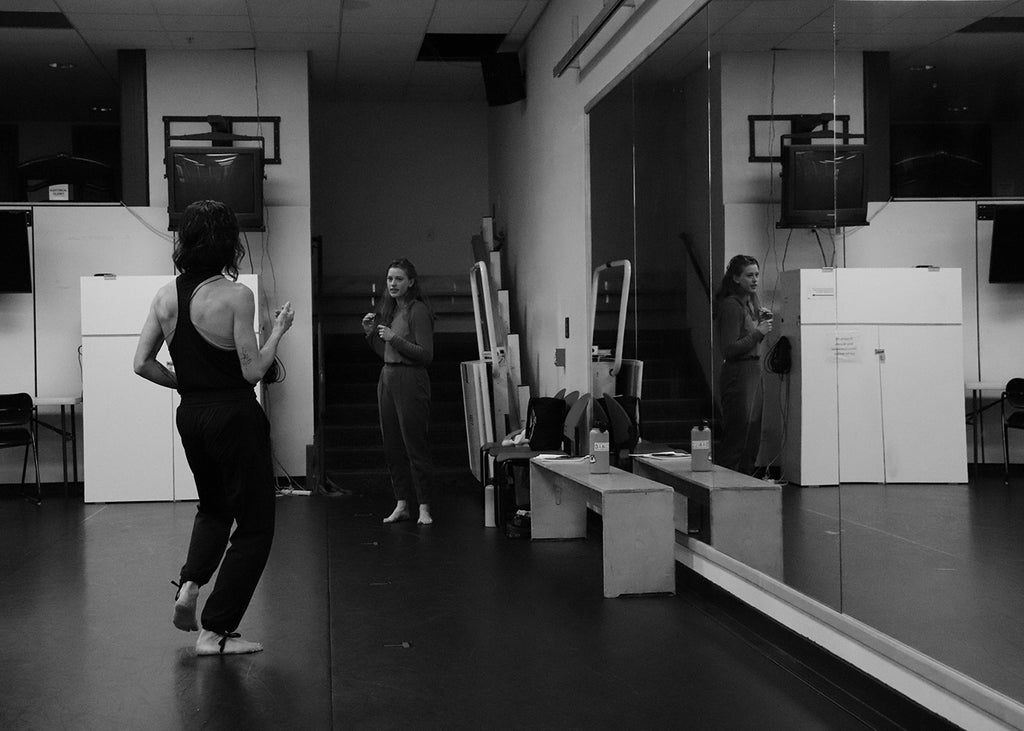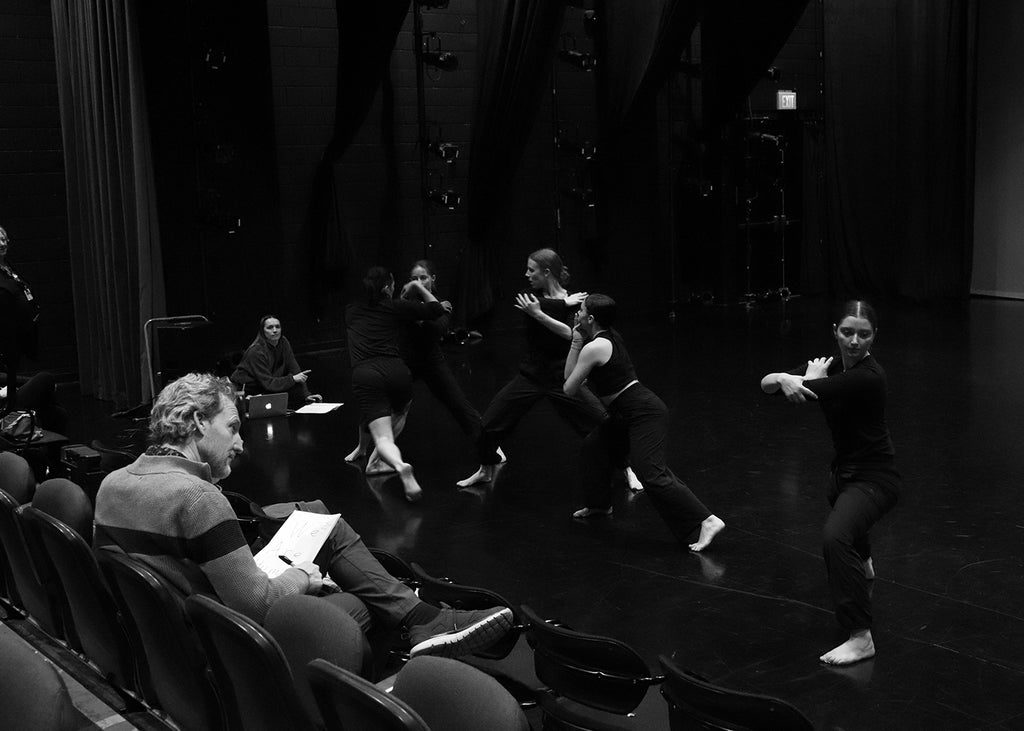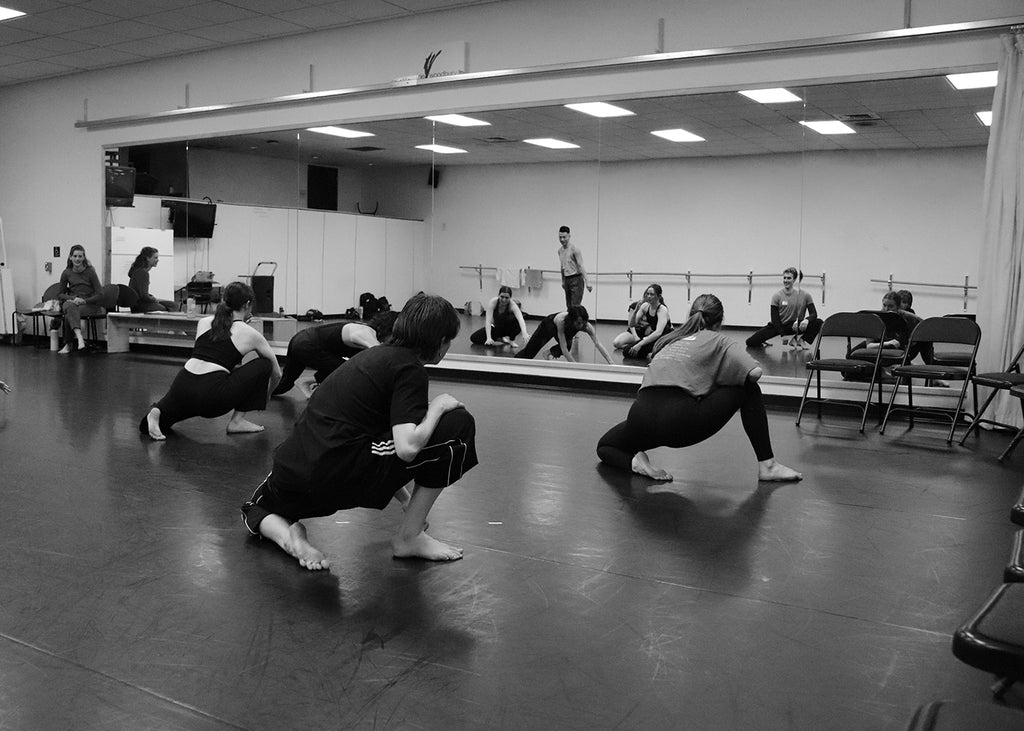Moving Stories
The first moments of Risa show the petite Risa Steinberg seated at a sleek desktop in her New York apartment.
Continue Reading
World-class review of ballet and dance.
Lorie O’Toole steps back slightly, scanning the scene in front of her with a discerning eye. Eleven dancers move together, their limbs and torsos taking on the quality of water, their collective image becoming something like the ocean’s surf. Occasionally, O’Toole offers words of encouragement, her voice clear and strong above the melodic score. When the music stops and the dancers pause to rest, she takes a moment to expand on these tidbits, also offering corrections and suggestions.





The first moments of Risa show the petite Risa Steinberg seated at a sleek desktop in her New York apartment.
Continue ReadingThe ballet community in Los Angeles, quite large and scattered, is fond of opining that they live in a “tough town for ballet.”
Continue ReadingDance artists and scholars have long asked the same question: how do we document an art form that, by nature, exists in one moment and is gone the next?
Continue ReadingIn a week of humanitarian crisis, of bodies mobilised and menaced, what a privilege it’s been to take refuge in art that radiates integrity, conviction and splendour.
Continue Reading
comments